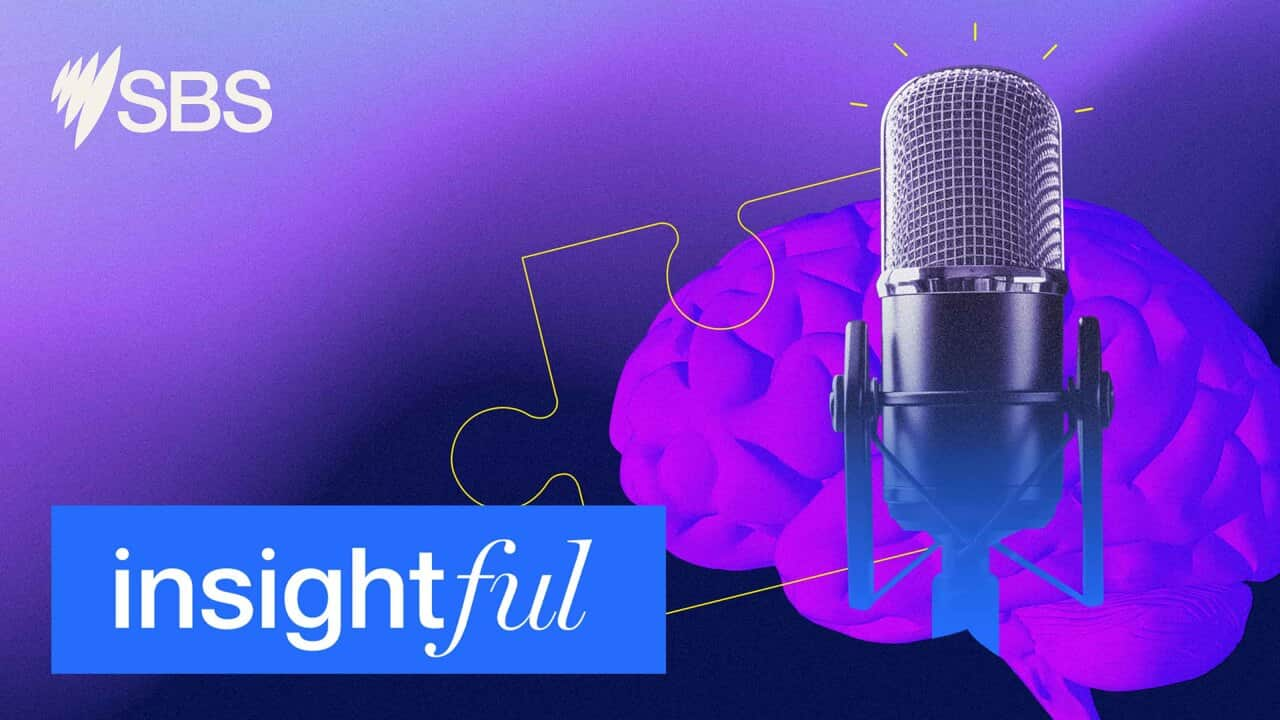Watch Insight's episode in collaboration with NITV, Recognising Our Past — how are we acknowledging our shared past and are we getting it right? On Tuesday 8:30pm on SBS or on
Belinda Huntriss is a Worimi woman who lives on the NSW Central Coast. She works as an Aboriginal education teacher at a Catholic primary school where she teaches history from an Aboriginal perspective.
When reflecting on her own primary education, Belinda says she experienced a lot of racism as one of the only "brown" kids in the school. She says she struggled to find her own identity within her mixed Aboriginal and Irish heritage.
"I didn't have a teacher that believed in me, that said I could do anything I wanted to do," Belinda told Insight.
"I could have saved quite a few headaches going down the wrong track a bit if I had had someone that believed in me."
Despite the challenges she faced growing up, Belinda says her school experience paved the way for her career in education.
The other side of the story
The national curriculum has recently been updated to recommend teaching the importance of understanding Aboriginal and Torres Strait Islander histories and cultures but it's not mandated and is up to the discretion of each school.
Belinda says when it came to her education, she only remembers learning about Captain Cook landing and nothing from the 'other side' of history.
"I think that had a really big impact on how attitudes have been formed on all of us, as grown-ups, as to we've had a very Eurocentric educational experience in Australia. I'm trying to provide that other side of the story," she said.
“I always make sure that I have reputable sources that actually are historically correct or documented that I can actually have as a backup. Because whether we like to say it or not, anything to do with Aboriginal anything is highly often controversial."
Guilt-free education
Louise Elliot, a Hobart City councillor, has been happy that her two children are learning about Indigenous history.
"They're certainly learning a lot more than I did back in the day. I think that's a really good thing. I want my kids and myself to keep learning," Louise told Insight.
But she expressed some concern about the way that was being done and says that fact-based truth from a position without guilt and shame, while recognising there is a lot of sadness in our past, is the way forward.
“I think sometimes it might have gone a bit too far in some perspectives. But I think it's really good that the discussion is being had," she said.
The future is not defined by the past
Anthony Dillon identifies as "part-Aboriginal Australian" and thinks moving forward is not contingent on recognising the past.
"I'm all for history being taught and discussed. But what I do oppose is when I hear this narrative that we cannot move forward until the history of this country is told," Anthony told Insight.
"That's absolute nonsense because many already have moved forward.
"I'm not saying don't teach it, I'm just saying don't tell people that they cannot move forward as a nation until we have heard the full history."

Deb Hull is a curriculum adviser for the History Teachers' Association of Victoria. She believes the curriculum has made big improvements in teaching Indigenous history but there is still a way to go. Source: SBS
The influence of history on the future
Deb Hull has maintained a strong interest and understanding of curriculum changes in Victoria, as part of her role as a curriculum adviser at the History Teachers’ Association of Victoria.
She says politicians have chosen to focus on the history curriculum due to the potential influence that history teachers have in shaping perspectives and ideologies of young students as they grow into adults.
"I think it's because politicians and others believe that what you know about your past will influence your values, the way you understand the world, your political views. And they're not wrong," she said.
"It is good practice in history teaching to not tell one narrative, but to explore multiple narratives and to make sure that that's present."
Adequate funding is key
Deb says that it’s the responsibility of history teachers to educate children about the past, but they need access to professional learning, which can be difficult to access due to lack of funding.
She says school systems are chronically underfunded in terms of professional learning for teachers and that has a significant negative impact when it comes to the teaching of Indigenous history.
"That means that principals and school leaders are having to choose between whether they give teachers professional learning or whether they do something else with the limited resources in the school," Deb said.
Education playing a part towards reconciliation
Belinda said her school has experienced a reduction in levels of racism, thanks to education around Aboriginal and Torres Strait Islander perspectives.
"I think what that's building is a sense of understanding and working towards reconciliation.
“We have students of all different lived experiences, different levels of cultural connections. They are proud and they are proud for all their classmates to know that they're Aboriginal, or Torres Strait Islander."
From sex and relationships to health, wealth, and grief Insightful offers deeper dives into the lives and first-person stories of former guests from the acclaimed TV show, Insight.
Follow Insightful on the , , , or wherever you get you get your podcasts.
READ MORE

Insightful












